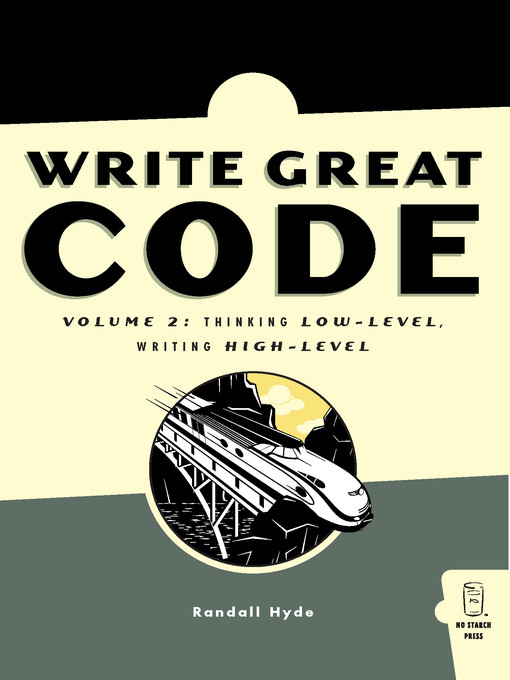In the beginning, most software was written in assembly,the CPU's low-level language, in order to achieveacceptable performance on relatively slow hardware.Early programmers were sparing in their use of highlevellanguage code, knowing that a high-levellanguage compiler would generate crummy, low-levelmachine code for their software. Today, however,many programmers write in high-level languages likeC, C++, Pascal, Java, or BASIC. The result is oftensloppy, inefficient code. You don't need to give up theproductivity and portability of high-level languages inorder to produce more efficient software.In this second volume of the Write Great Code series,you'll learn:
With an understanding of how compilers work, you'llbe able to write source code that they can translateinto elegant machine code. That understanding startsright here, with Write Great Code, Volume 2: ThinkingLow-Level, Writing High-Level.

